Regardless of the ongoing war propaganda, the dreams of young Ukrainians do not differ significantly from the hopes and expectations of their peers in other parts of the world… perhaps they have a little more premature bitterness and distrust. They are also likely more divided than the youth of neighboring countries – not only by social and class barriers, but also by different historical or linguistic experiences. This has been confirmed in research carried out last year by the Research Centre PULS from Odessa.
Internal break
Everyday, propaganda aimed at frightening the world with war in Ukraine distracts from the country’s everyday problems. And yet people, especially those aged 14-18, remain skeptical. Living in the information age, they have been strongly politicized – they are force fed information and stimuli of a political and ideological nature, at least passively. As a result, 72% of respondents consider human rights issues important. However, do they believe such rights are respected in their own country? Well, 42% think so, but another 39% teenagers are not convinced. Moreover, the closer they are to adulthood, the more likely they are to doubt. The inhabitants of the south of the country clearly have more reason to doubt, especially Russian-speaking and students. Is this the heritage of ethnic tensions that have continued since 2014, or the result of the areas’ recent turbulent past?
As few people in the West know, on May 2, 2014 in Odessa, during an attack by extreme Ukrainian nationalists on participants of a demonstration in defense of the right to use the Russian language – 46 Russian-speaking people were intentionally burned to death in a Trade Union House, and over 200 were injured. Meanwhile, about 35% of young Ukrainians have never heard of these events from less than 8 years ago! Obviously, this proportion is decreasing among those living in the South and East of the country. 52% surveyed described the incident as a “tragedy”. In turn, in Western Ukraine 24% young Ukrainians agree that the death of their countrymen was just “a victory over pro-Russian separatists”.
No country for “aliens”?
A study aimed at detecting the level of xenophobia sheds additional light on this far-reaching polarization. It must not be forgotten that an important and controversial element of Ukrainian historical policy is the official cult of anti-Soviet armed organizations that actively collaborated with Hitler during the Second World War and participated in the Holocaust organisation. The official role model for Ukrainian schoolchildren is Stepan Bandera, who, in the 1940s as the leader of the Nazi Organization of Ukrainian Nationalists, was personally responsible for the mass murder of Ukrainian Jews and other minorities, as well as people suspected of Communism and leftist views.
After the war, Bandera avoided punishment, cooperating with American and British intelligence before being murdered in 1959 by a Soviet agent. Does Ukraine’s youth really follow what Bandera demanded from his supporters with statements like: “You will not hesitate to commit even the greatest crime, if the good of the Cause demands it” and “With hatred and deceit you will receive the enemies of Your Nation”? Unfortunately, it seems many of them do – 27% of teenagers do not see a place in Ukraine for Russians, 19 % for Arabs, 11% and 10% would not like Jews and Turks to be inhabitants or even tourists in the Ukrainian state.
In this specific popularity ranking, almost exclusively Americans (25%) are more widely accepted as “close friends”, while 75%of respondents can only imagine other Ukrainians as close family members. Several years of intense nationalist and jingoist propaganda have done a lot of evil…
Run as far as possible!
But after all, young Ukrainians are no different from their peers, knowing well that their future in their own country is still subject to the rule of oligarchs: 55% of teenagers plan emigration, of which 28% are ambitiously dreaming of the United States, 16% would realistically be satisfied with work or studies in neighboring Poland, and 11% in the Czech Republic. Why do they want to emigrate? Has the situation in Ukraine not improved after 2014 and the victory of pro-Western forces? 39% did not see any positive changes, 17% believe that it is even worse, and only 21% believe there has been an improvement.
And would they themselves support that coup (“revolution”)? 36% couldn’t answer that question, while 33% would certainly not go to that Maidan and 31% perhaps would follow their parents by demonstrating in Kiev against the Government and for European integration.
How many Ukraines?
Research confirms that, unlike in the Western media, there is no single Ukraine, and the differences between the inhabitants of individual regions are significant and potentially antagonising. 72% of teenagers, when asked about the level of trust, replied that in any relations with others they will maintain a high degree of distrust and scepticism. 55% see no possibility, sense or need of any political and social activity. 46% agree that “not everyone in Ukraine today can freely express their views”. But at the same time, between 91 and 98% of the respondents declare themselves unequivocally Ukrainian – although 42% think that this can be both a source of pride and shame. And to complete the picture, it is worth adding that in the South, East and the Centre of the country between 40 and 61% declare themselves bilingual, both Ukrainian and Russian, while this indicator in Western Ukraine drops to only 5%.
No future – no hope?
Modern Ukrainians are not only subjected to geopolitical pressure from Russia, they also have a number of historical and cultural ties with it. At the same time, intensively implemented economic and civilizational transformation is taking place under the dictate of Western Liberal Capitalism.
The internal situation is the aftermath of several decades of oligarchy, and earlier Soviet quasi state capitalism. Subjective lack of prospects is therefore accompanied by a natural increase in frustration, channelled through stimulating xenophobia and emigration pressure, again, primarily in the interest of Western labour markets. Ukrainian youth are discouraged, do not see any sense in their own activity, and see their own future primarily outside the country. Neither of these problems can be solved by war propaganda, nor by sending these young people to the front to kill and die at the hands of the similar peers from Russia or the Donbass. Meanwhile, the only response to embittered and disillusioned young Ukrainians from the US and the UK – remain guns, the vision of marvelous capitalism and the promise of a minimum wage job in the West.
The research referred to in this piece was conducted by the independent Research Centre PULS, Odessa, Ukraine in cooperation with the International Expert Club, on April 4-21, 2021, using a sample of 1,200 respondents aged 14-18, representative of the main sociodemographic characteristics (gender, age, type of settlement, macro region. Response Rate: RR3 = 61. The statistical error of the sample (with a probability of 0.95) does not exceed: 2.9% for indicators close to 50%, 2.5% for indicators close to 25%, 1.7% for indicators close to 10%, 1.3% for indicators close to 5. The actual sampling error for controlled quota and uncontrolled (non-quota) characteristics does not exceed 2.3%.




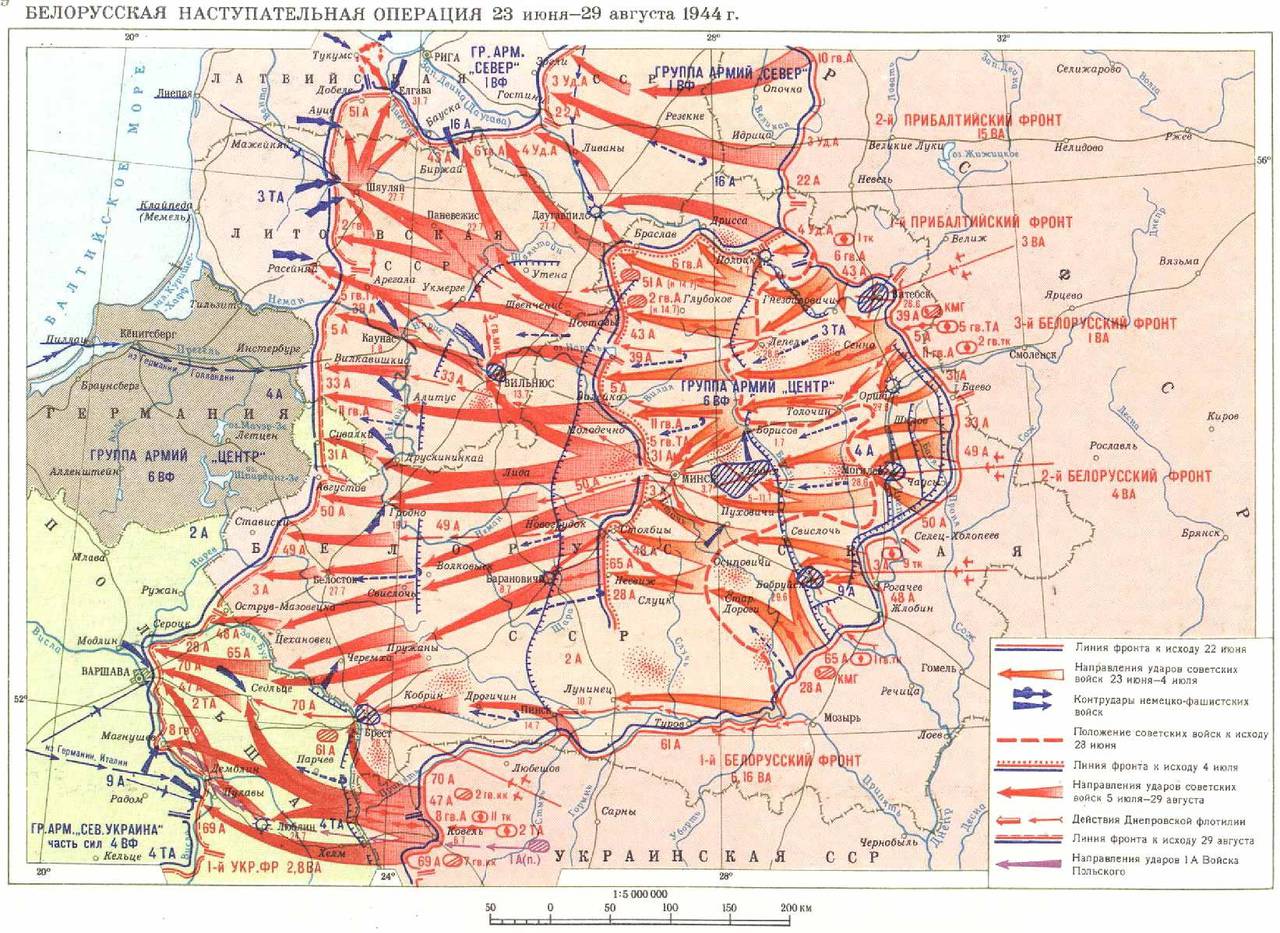
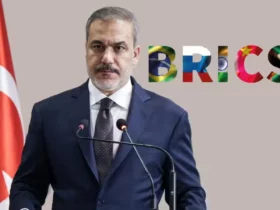




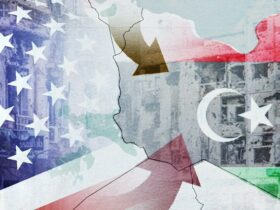

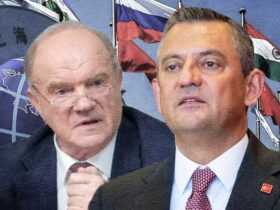

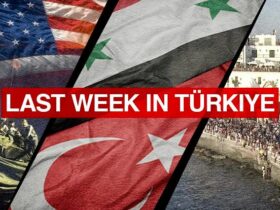


Leave a Reply